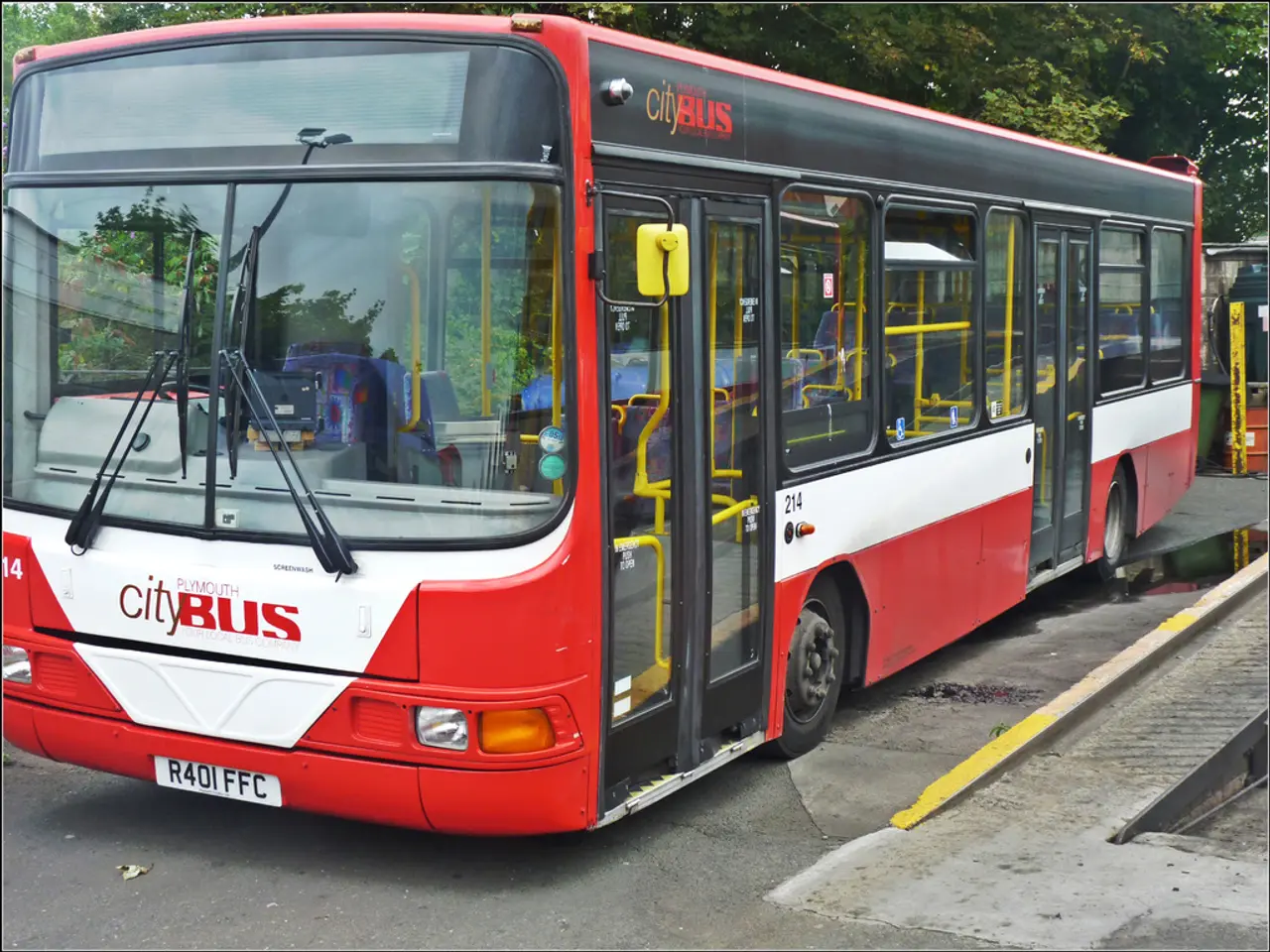Philadelphia faces imminent SEPTA service reductions within three weeks, with lawmakers engaged in funding negotiations. What's the current status of the discussions?
SEPTA Funding Negotiations in Pennsylvania Face Delays Amidst Looming Transit Cuts
Negotiations to resolve a $213 million budget shortfall for SEPTA and public transit in Pennsylvania are ongoing, with a deadline for action fast approaching. If a deal is not reached, SEPTA plans to implement significant service cuts starting August 24, 2025.
Status Quo of the Negotiations
Talks are currently underway, involving Governor Josh Shapiro, Senate Majority Leader Joe Pittman, and House leadership. Pittman has acknowledged some progress but emphasized that much work remains before a budget is passed, as the Senate has not done so over five weeks past its deadline.
Legislative Proposals
The House has passed a transit funding bill (HB 1788), which includes funding for Pittsburgh Regional Transit and road/bridge projects, incorporating some Senate Republican priorities. Lawmakers are planning to reconvene to push for a budget and transit funding deal, potentially including a weekend session.
Potential Transit Cuts
Without funding, SEPTA plans an initial round of cuts starting August 24, 2025, with reduced bus and rail routes and service curfews. More severe cuts, including the elimination of five Regional Rail lines, are scheduled for January 2026. These cuts will significantly impact service accessibility, particularly for Philadelphia school students starting the new school year and regional commuters.
Political Dynamics
Some Republican lawmakers express concerns about budget costs, while Democrats and some Senate Republicans, such as Frank Farry, push for funding. Farry, a co-sponsor of the bill, is a supporter of SEPTA but is looking for new revenue streams to fund public transit, including plans like taxing skill video games.
Impact on Riders
If the funding is not secured, SEPTA will raise fares by 21.5% and reduce service on 88 bus, metro, and Regional Rail lines. These changes will have a profound effect on commuters across the state.
In summary, SEPTA funding negotiations are active but unresolved as of early August 2025, with mounting pressure to reach a deal soon to prevent disruptive and extensive service cuts due to the $213 million budget gap. The outcome of these negotiations will have a significant impact on the lives of millions of Pennsylvanians who rely on SEPTA for their daily commutes.
Weather reports are not directly connected to the SEPTA funding negotiations, but general news outlets may cover the ongoing discussions as a breaking story, affecting local politics and policy-and-legislation.
Politics play a major role in the SEPTA funding negotiations, with Republican lawmakers expressing concerns about budget costs and Democrats, along with some Senate Republicans, pushing for funding directly related to transit.
News on SEPTA's planned transit cuts, including service reductions and potential elimination of rail lines, has been covered extensively in the news, raising awareness of the looming impact on millions of commuters across the state.







